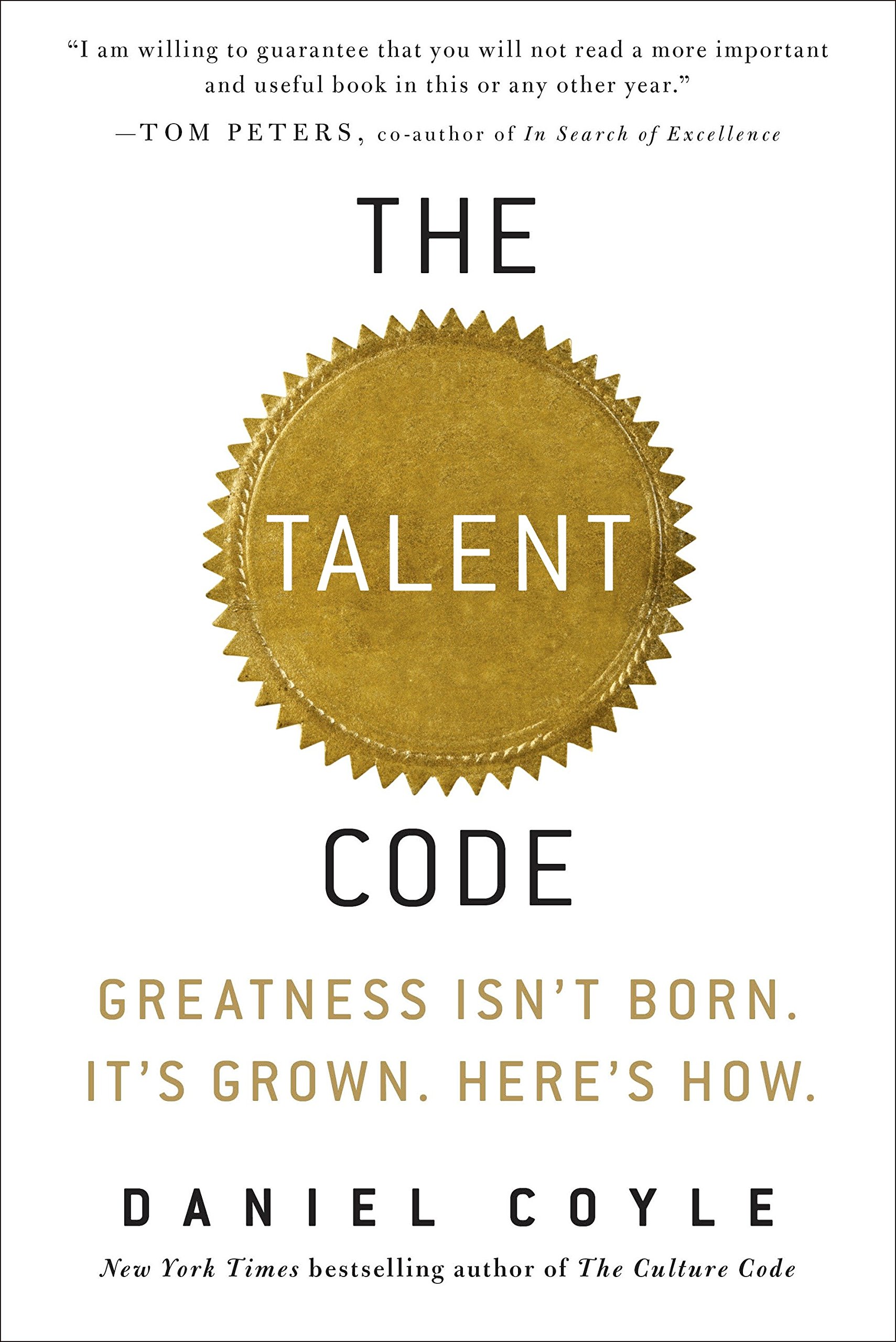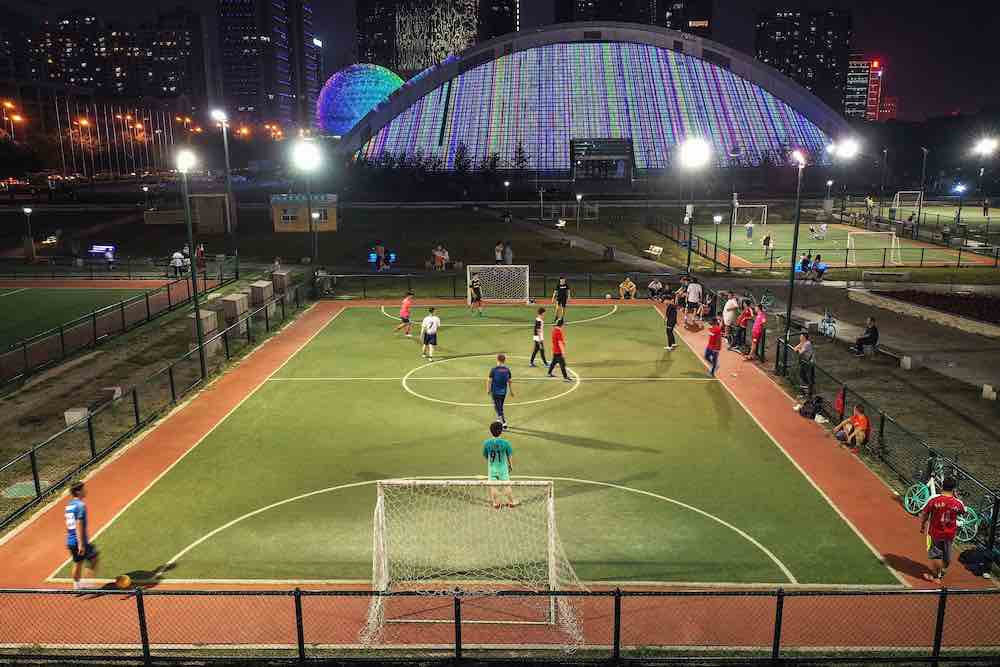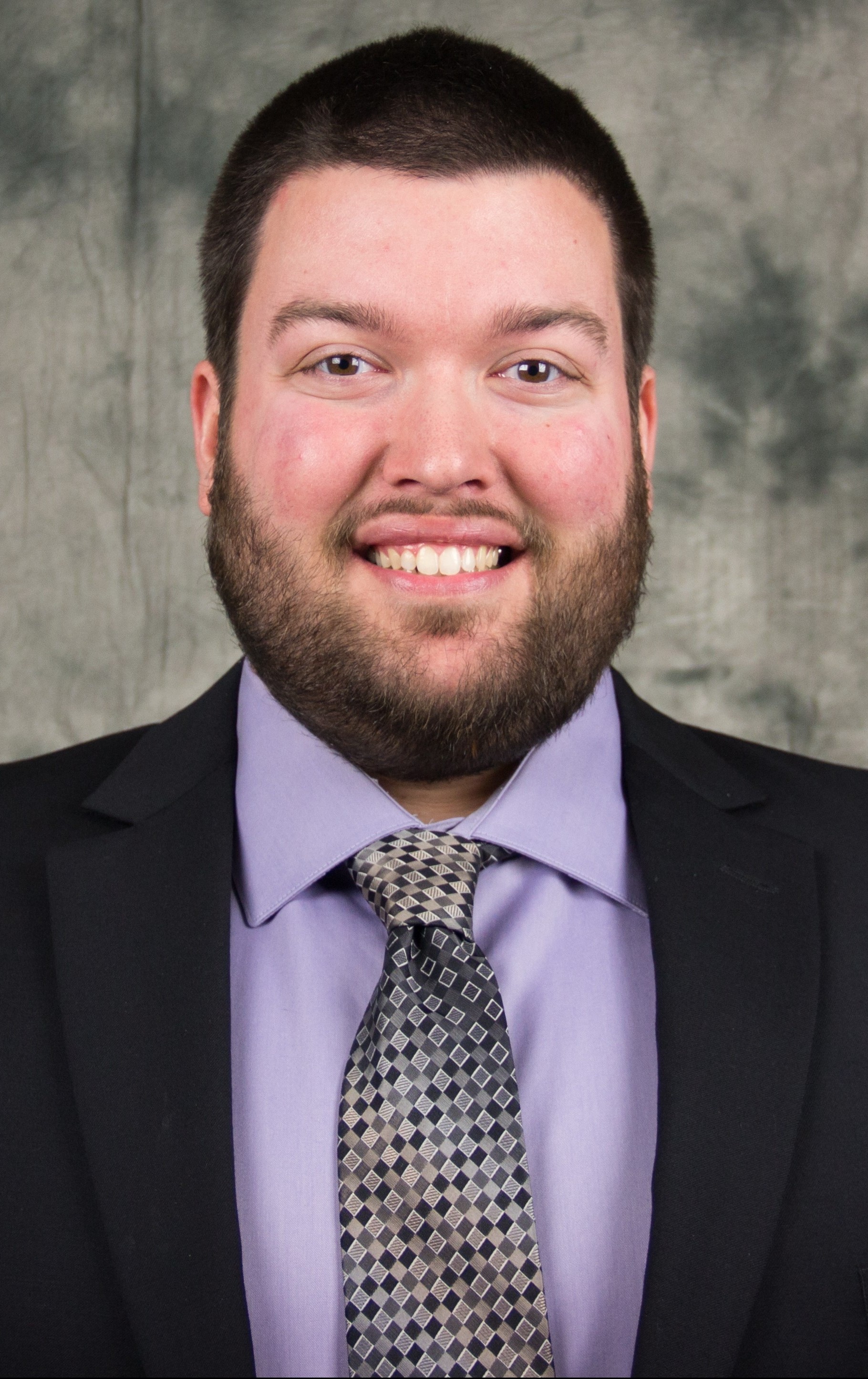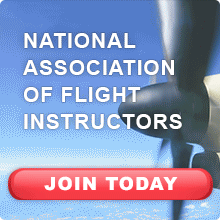| NAFI NOTAMs #17 |
The Talent Code~Guest Blogger Adam Magee, LTA DPE/NAFI Boardmember
For many of us we work to instill this natural ability into our flying. However, the book "The Talent Code" reveals that everyone can develop a talent with the right mix of practice, motivation, and coaching. After reading this book, I highly recommend every flight instructor read The Talent Code by Daniel Coyle. I promise, I receive no commission!
Here are some key concepts from the book: The key is to make mistakes and then correct them.
As those nerves fire up, the myelin layers around that nerve grow. That’s because myelin is living tissue and, much like a muscle which needs to be exercised regularly for it to grow, the layer of myelin around a circuit only thickens when the nerve fibers surrounding it fire regularly. The thicker the myelin, the faster and more precise the impulse. Consider, for example, practicing a flight maneuver. If you practice a maneuver you already know perfectly, you won’t stimulate myelin growth because you’re using existing, strong or “trained” circuits. On the other hand, when you practice an unfamiliar maneuver, and make mistakes at first, repeating those you fix the mistakes. Then you stimulate the firing of nerves and thus thicken the myelin around that new circuit. It’s this very process of making mistakes and correcting them that leads to improving a particular skill. The book discusses this idea of “deep practice” which includes the idea of focused repetition. Deep Practice Deep practice – refers to the kind of intense practice that most effectively promotes myelin growth. One example discussed in the book was found in Brazil: a game called “futsal,” which is played throughout the childhoods of all Brazilian soccer players.
One way to accomplish deep practice in training is to go back to the basics. Teaching without technology in the cockpit allows the student to develop a deeper knowledge. Deep practice means making things a little difficult for the student. Repeating something the student already knows inside out doesn’t improve their skill. Instead, the student must always practice just beyond the limits of their ability. Even though failing at something difficult can be uncomfortable for the student and instructor, it’s actually the only way for the student to improve. The Instructor Very few develop their talents alone. Everyone has an instructor whose job it is to train and motivate, teach and inspire. An instructor must connect their technical knowledge with the needs of the individual student. The goal of all instructors is to assist the student in reaching a state of deep practice, yet every student is unique and requires an equally specific coaching style. The goal is to help students reach a state of deep practice, therefore not only must instructors tailor their style to each student, but they also have to give very clear and precise instructions. Clarity of information is crucial to deep practice because, by following such instructions, the students’ nerves fire, thickening the myelin layer and thus strengthening the circuits involved in executing the skill. Without such clear and precise instructions, any technical knowledge an instructor has can rarely be translated into concrete results. These are just a few of the many great teachings in the book. I’d highly encourage every flight instructor read The Talent Code by Daniel Coyle.
|

 We’ve all heard the phase – “They were born to fly!” and perhaps that’s true of many, well likely, most pilots. But there is a difference, some pilots indeed have an instinct, or natural talent, for flight..
We’ve all heard the phase – “They were born to fly!” and perhaps that’s true of many, well likely, most pilots. But there is a difference, some pilots indeed have an instinct, or natural talent, for flight.. Whenever you practice something, nerves fire through a circuit in your brain. Even the skill required to perform the simplest action demands thousands of nerves firing in perfect synchrony.
Whenever you practice something, nerves fire through a circuit in your brain. Even the skill required to perform the simplest action demands thousands of nerves firing in perfect synchrony. Futsal is soccer with a crucial difference: the ball is half the size of a regular soccer ball but twice as heavy, and the field is smaller. Because of this, playing Futsal is like deep practice for playing regular soccer; the game demands a higher precision for every movement, and the players repeat and correct their moves throughout childhood. When they finally play with a regular ball on a regular field, the players are able to perform the kind of virtuoso display they’re commonly admired for.
Futsal is soccer with a crucial difference: the ball is half the size of a regular soccer ball but twice as heavy, and the field is smaller. Because of this, playing Futsal is like deep practice for playing regular soccer; the game demands a higher precision for every movement, and the players repeat and correct their moves throughout childhood. When they finally play with a regular ball on a regular field, the players are able to perform the kind of virtuoso display they’re commonly admired for. Adam Magee, Commercial Balloonist, Elite Balloon Instructor
Adam Magee, Commercial Balloonist, Elite Balloon Instructor





That is great advice, Adam. As my ski instructor once taught me - if you're not falling, you're not getting any better. When you fall, you learn. (I fall a lot!)